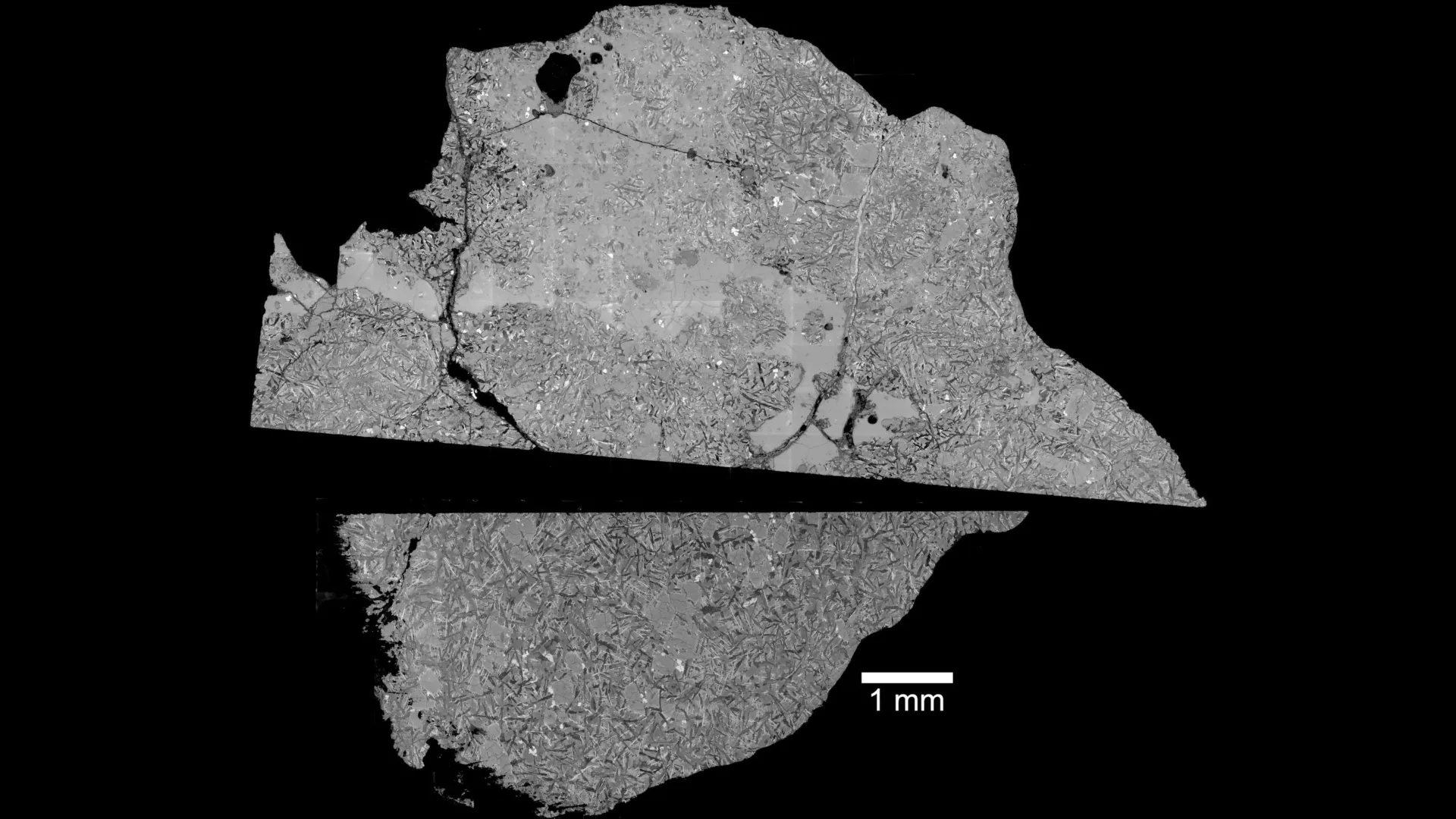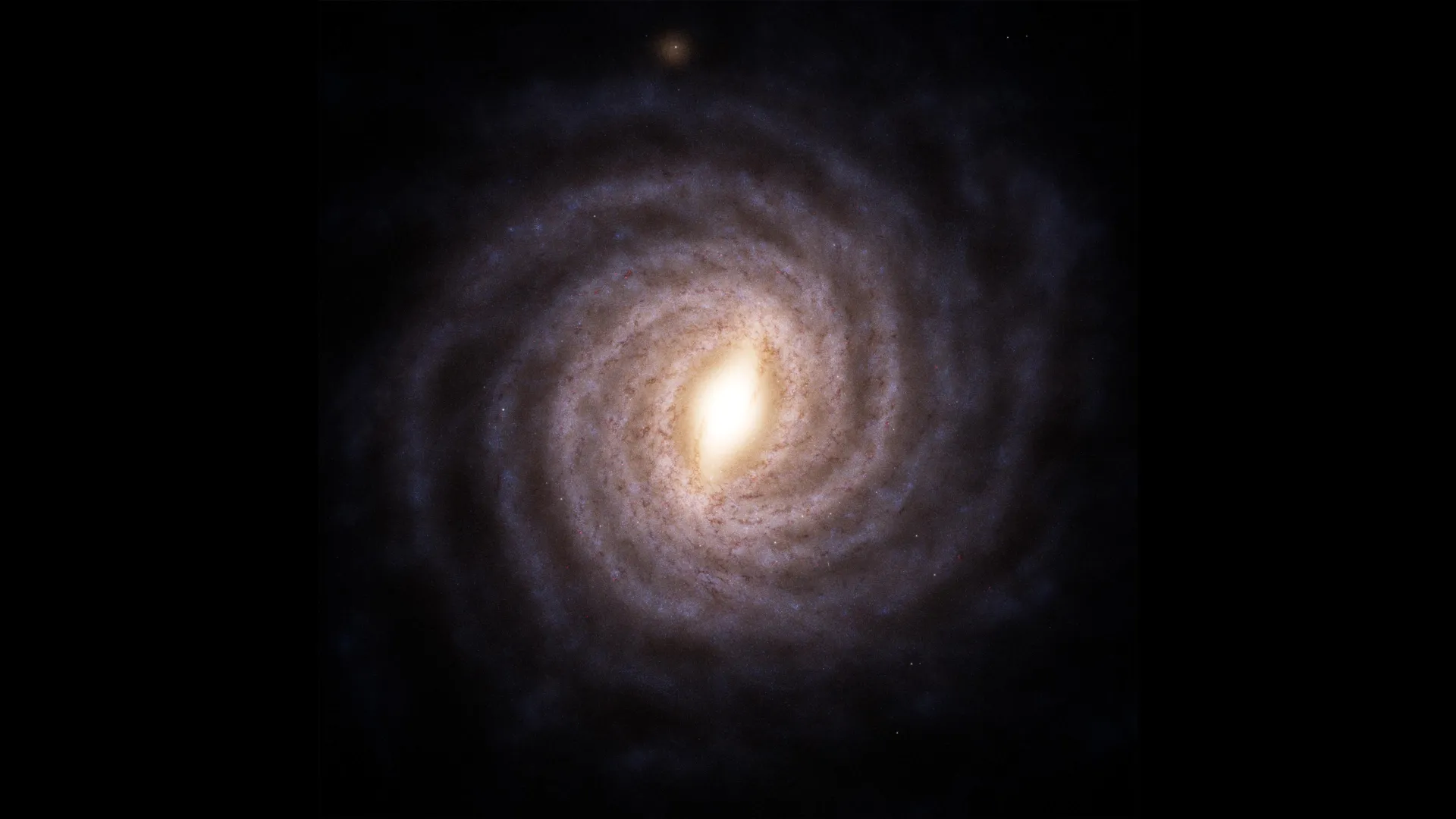Now Reading: 3.5-Billion-Year-Old Moon Rock Discovered in Africa Reshapes Lunar History
-
01
3.5-Billion-Year-Old Moon Rock Discovered in Africa Reshapes Lunar History
3.5-Billion-Year-Old Moon Rock Discovered in Africa Reshapes Lunar History

Quick Summary
- A 2.35-billion-year-old meteorite discovered in Africa in 2023 contributes to understanding the MoonS volcanic history.
- Research presented at the Goldschmidt Conference reveals the unique chemical signature of the Northwest Africa 16286 meteorite.
- The rock is identified as olivine-phyric basalt, showing high potassium levels and moderate titanium content.
- Lead isotope analysis places its formation during an era with few lunar samples, making it the youngest basaltic lunar meteorite found on Earth.
- Chemical evidence suggests it originated from a deep lava flow within the Moon and highlights prolonged internal heat generation processes powered by radiogenic decay.
- The age fills a billion-year gap in lunar volcanic history and demonstrates extended volcanic activity timelines on the moon’s surface.
- Lunar rocks retrieved via missions are geographically limited; meteorites like this provide broader insights into lunar geology without immense mission costs.
- Research funded by Royal Society; full findings will be published later this year.
Indian Opinion Analysis
The discovery of Northwest Africa 16286 enriches scientific understanding of planetary evolution, particularly through insights into sustained heat generation and volcanic activity in celestial bodies. For india, which has actively pursued space exploration initiatives like Chandrayaan missions, such research underscores two strategic considerations: expanding geographical scope in future explorations and leveraging advanced geochemical analyses to refine theories about planetary surfaces. This serves as a reminder that terrestrial research can complement space missions efficiently-offering valuable data at comparatively lower costs.
Furthermore, developments like these could influence how India prioritizes areas for sample-return probes or collaborative international studies. Given India’s growing presence in astrosciences, there lies immense potential for integrating findings from global discoveries to optimize domestic capabilities for planetary science.























